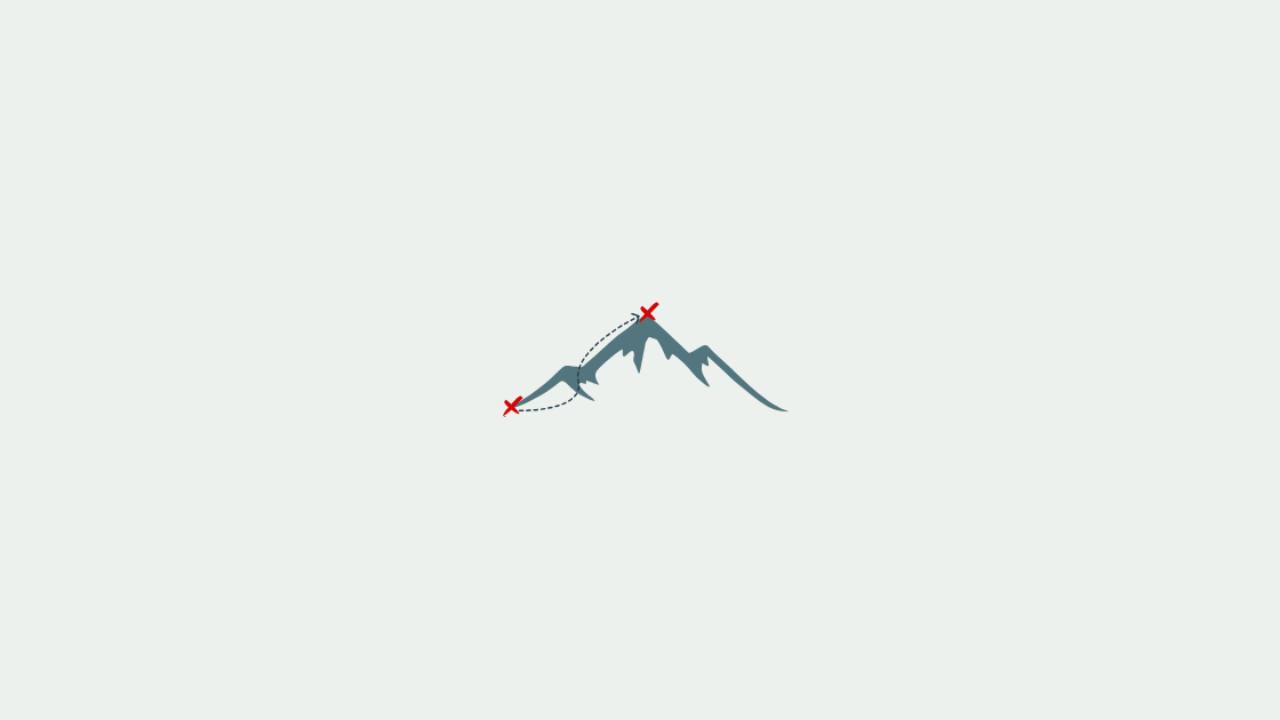#34 Life Won’t Slow Down – Here’s How to Strengthen Your Mind for It
by Rafic Osseiran
Mar 10, 2025
Categories
burnout career development change community confidence connection decision-making empathy energy fitness focus growth habits health influence journaling leadership meditation mentalhealth mentorship mindfullness mindset negotiation networking perfectionism performance personal growth productivity purpose relationships resilience rest stress teamwork time management transitions trust wellness willpower
Hey, it’s Rafic.
Welcome back to this week’s edition of Peak Performance Insider.
Some weeks, you’re locked in. Focused. Making real progress.
Other weeks? It feels like everything is coming at you at once.
Tough conversations. Unexpected setbacks. The weight of responsibilities piling up.
You can’t always control what happens, but you can control how you handle it.
That’s where mental toughness comes in.
📌 Today’s agenda:
✅ The difference between mental toughness and resilience (and why both matter)
✅ How to train your mind to handle pressure, uncertainty, and setbacks
✅ 5 strategies to build mental toughness in real life
First time reading?


